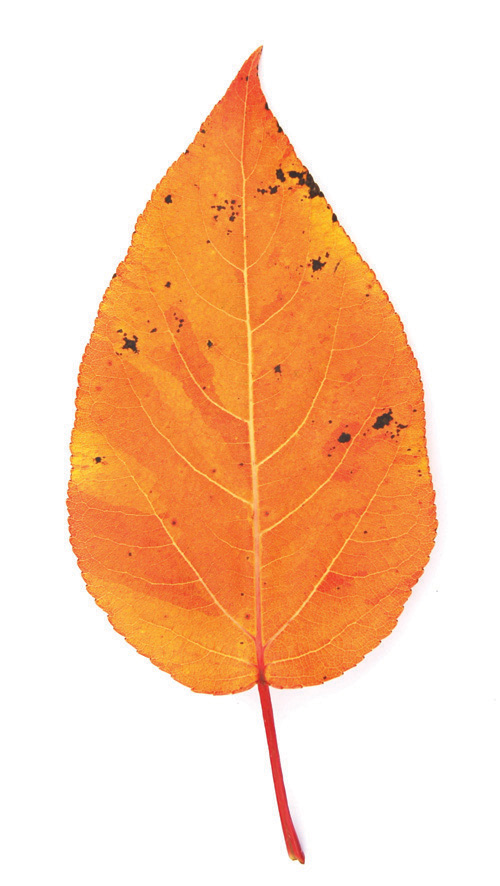 OSU professors want to harvest plastics from poplar trees. Success could potentially provide a more sustainable alternative to oil-based plastics.
OSU professors want to harvest plastics from poplar trees. Success could potentially provide a more sustainable alternative to oil-based plastics.
 Poplar trees are widely grown for biofuels. Oregon State University professors Steven Strauss and Murphy Ganti and David Dalton from Reed College want to harvest plastics from them as well. Success could potentially provide a more sustainable alternative to oil-based plastics. Scientists have been experimenting with biopolymers, plant-derived plastics, for years, but the bulk of this research has focused on deriving bioplastics from plants and fungi, not trees. The benefit of growing biopolymers on poplar trees, says Strauss, is that it’s more efficient; trees grow quickly in natural sunlight, as opposed to bacteria, which have to be grown in labs. The hurdle is that the ratio of biopolymer that the leaf currently yields is only between 1% and 2%. In order to be economically viable, the amount of biopolymer in a given leaf must be between 10% and 12%. The team is now tweaking its approach to get to that higher yield by introducing a polymer-initiating chemical into a different part of the tree cell. By using this method, they hope to increase biopolymer yields without hindering tree growth. Strauss estimates they’ll need another three to four years of research; similar research on tobacco plants suggests it’s feasible. “These kinds of programs don’t have short payoffs,” Strauss says.
Poplar trees are widely grown for biofuels. Oregon State University professors Steven Strauss and Murphy Ganti and David Dalton from Reed College want to harvest plastics from them as well. Success could potentially provide a more sustainable alternative to oil-based plastics. Scientists have been experimenting with biopolymers, plant-derived plastics, for years, but the bulk of this research has focused on deriving bioplastics from plants and fungi, not trees. The benefit of growing biopolymers on poplar trees, says Strauss, is that it’s more efficient; trees grow quickly in natural sunlight, as opposed to bacteria, which have to be grown in labs. The hurdle is that the ratio of biopolymer that the leaf currently yields is only between 1% and 2%. In order to be economically viable, the amount of biopolymer in a given leaf must be between 10% and 12%. The team is now tweaking its approach to get to that higher yield by introducing a polymer-initiating chemical into a different part of the tree cell. By using this method, they hope to increase biopolymer yields without hindering tree growth. Strauss estimates they’ll need another three to four years of research; similar research on tobacco plants suggests it’s feasible. “These kinds of programs don’t have short payoffs,” Strauss says.

